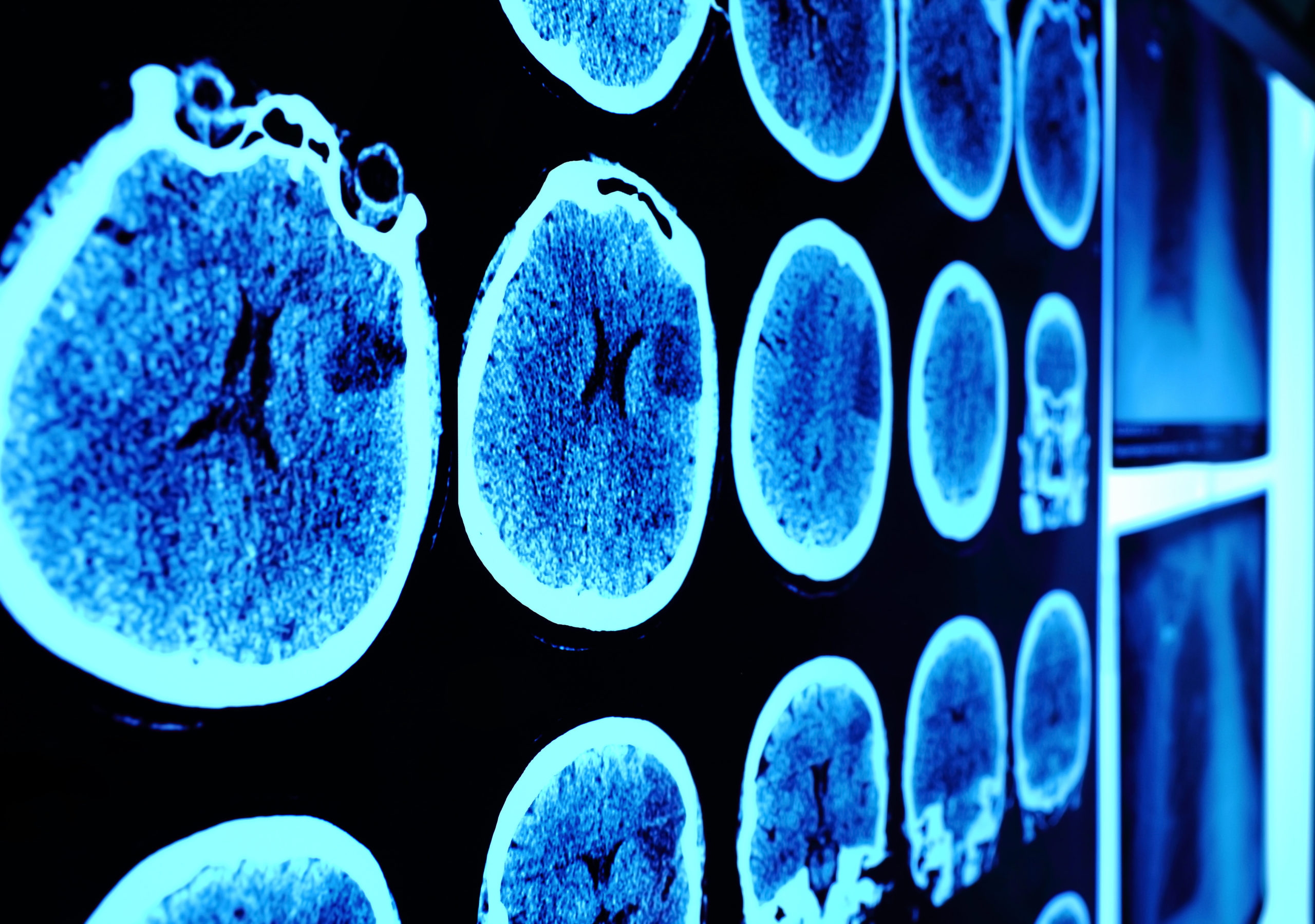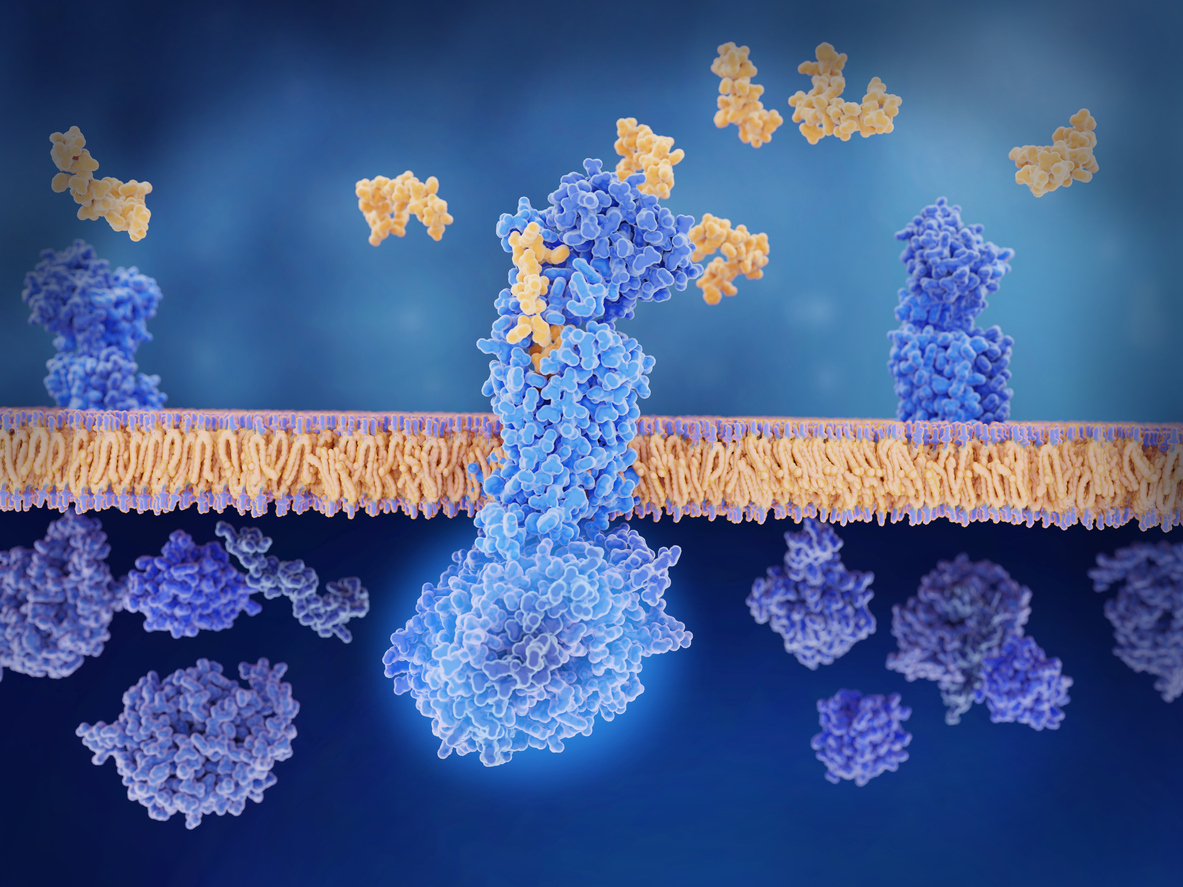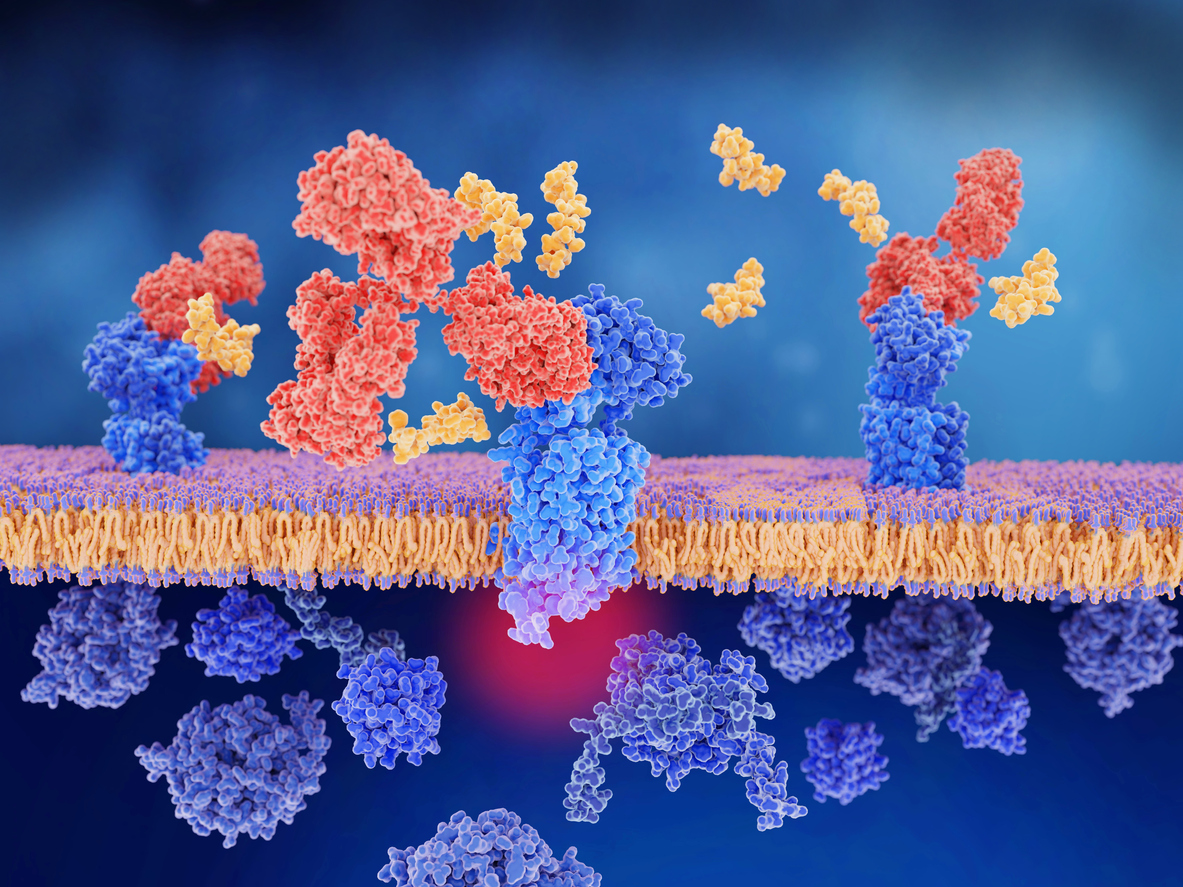Cluster headache: Galcanezumab
Cluster headache: Galcanezumab Prevention of episodic cluster headache: Primary endpoint achieved in Phase 3 study 16/05/2018 Eli Lilly and Company announced that Galcanezumab met with the primary endpoint in a Phase 3 trial of episodic cluster headache patients, the statistically significant differences in reducing headache attacks. In weekly clusters compared to placebo during the weeks […]
Cluster headache: Galcanezumab Read More »

















